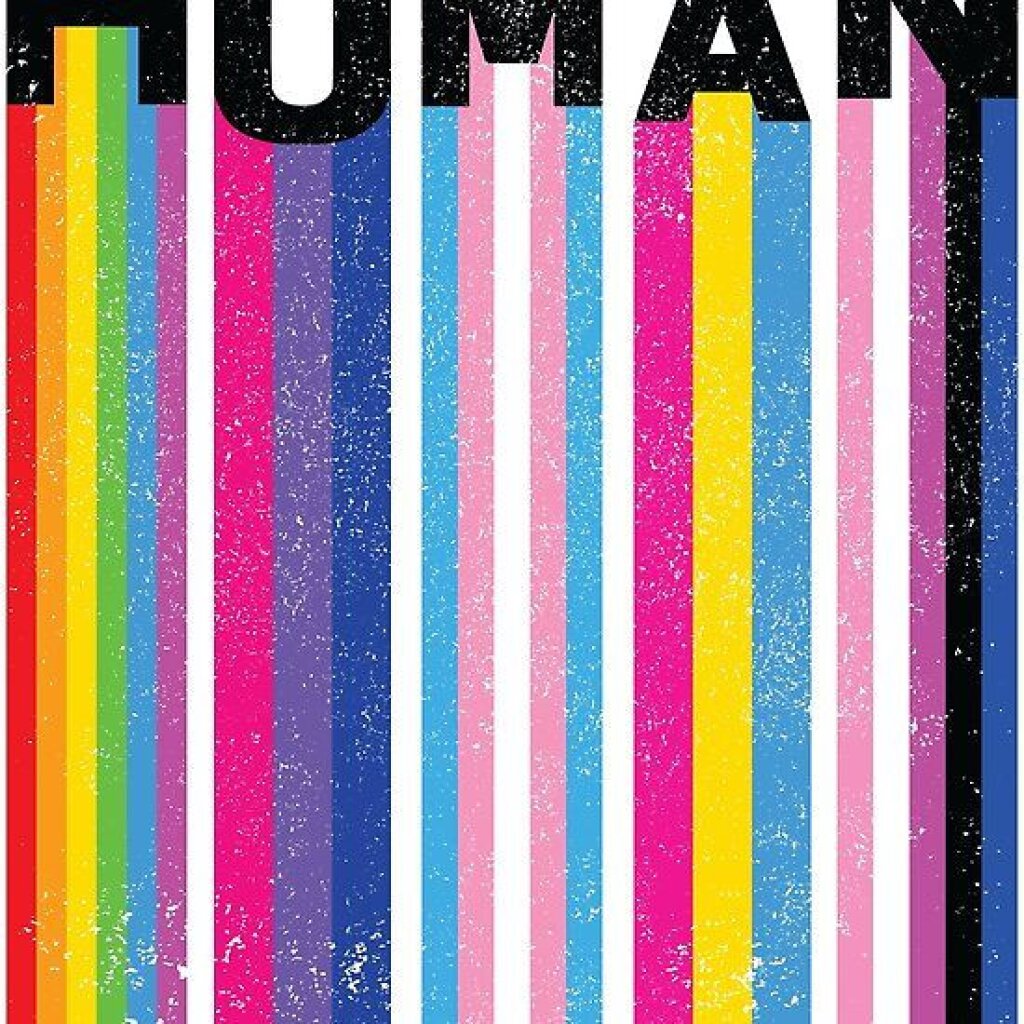Tamar Shirinian is Assistant Professor in the Department of Anthropology at the University of Tennessee, Knoxville with interests in queer theory, transnational feminisms, political economy, postsocialism, psychoanalysis, and medical and psychological anthropology. Her current book project is titled Survival of a Perverse Nation.
Despite scholarly claims in the 1990s that globalization spelled the waning of power for both the nation and the state, it has become increasingly clear that we are witnessing no such thing. The wars in Yemen, Syria, Palestine, Ukraine, Tigray, and Nagorno-Karabakh, just to name a few ongoing violent crises, are very much about the nation. Although modern warfare has always had material causes—land and labor and other resources—the idea of the nation has played a critical role in helping muster support for the cause of sacrificing lives in one’s own body politic and those of an Other.
It is not for the multi-billion-dollar business of war, or the desire for an oil pipeline or oil reserves, or the insistence on privatization of nationalized industry, or access to dams to generate and sell electricity, or any of the other material causes that undergird war today that people are willing to die and to kill or to send their daughters, sons, brothers, sisters, fathers, mothers, or uncles to die and to kill. The nation is their cause. And the nation is also the cause animating the expectations that govern bodies and discipline them into proper citizens, proper men and women, and proper agents of social reproduction ready to (re)produce a new generation willing to fight for their nation.
Permit me to speak in the abstract here. In a time of constant updates and trending stories—great attention to the particular—what is often lost is the abstract and the universal. A larger story is unfolding. Speaking in the abstract also allows me to keep my psyche and spirit intact so that I can think with clarity as horrifying realities emerge in real life and real time. As a queer scholar deeply invested in the social, political, and economic potentials of reimagining the world (the big stuff and the small stuff, the political and the personal, the everyday and the revolutionary), I present six tenets making up a plea for a postnational future.
Tenet One: Do Not Fear Unprecedented Futures
We must dare to imagine futures that do not continue to reproduce the conditions of the present, even if these seem impractical. We must let go of the assumptions that chain us to the violent present.
Tenet Two: Insist on the Political
The nation’s survival is dependent on Manichean structures—good and evil, right and wrong, innocent and guilty. Yet these moral formations depoliticize political and economic realities and political projects of resistance. To insist on the political is to look for the actual material forces at play in the world and to act, move, and imagine futures on this basis.
Tenet Three: Center Love
The Bolshevik feminist Alexandra Kollontai envisioned a world in which “emotions facilitate the development and strengthening of comradeship.” What would a world of comradeship—based in intense emotional ties as a site of belonging and sharing—rather than the nation and its intense emotional ties based in essentialisms and exclusions, look like?
Tenet Four: Remain Unaligned
The liberal West and the illiberal East distort the foundations of oppression rooted in capital, militarization, and nationalism. To remain unaligned—to remain non-liberal—means to see through this eclipse.
Tenet Five: Do Not Fear Universals
While the idea that there are no universals has become the rallying cry of decolonial thought, I urge us to keep in mind that colonialism itself was established on the making and perpetuating of human differences. Here I stand with Aimé Césaire when he writes that “I have a different idea of a universal. It is a universal rich with all that is particular, rich with all the particulars there are, the deepening of each particular, the co-existence of them all.”
Tenet Six: Resist War
A queer postnational politics is an anti-war politics that recognizes that there is never a (human) victor in war. War benefits monarchs, oligarchs, and the ruling classes. It does not benefit those in whose name it is fought. War is the bread and butter of the nation, continuously propping it up and reifying it. This tenet, however, cannot amount to a position of “non-violence.” If we are to take decolonization seriously, we can never equalize the resistance of those under the boot of national militaries with the violence of war.
Standing against the nation and nationalism seems easy in the abstract. Perhaps we can agree that the nation is a problematic concept and that moving beyond it should be a goal for humanity. Standing against nation, however, feels impossible in these times of war, displacement, and genocide, when feelings of nationalism become heightened even in the most critical of us. But perhaps it is especially in these times that we need to return to, and reflect again, on how we might begin to make worlds beyond the nation.



